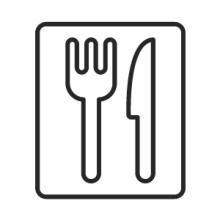On 1 October 2018, new regulations on home boarding for dogs in England came into force. Anyone who provides home boarding for other people’s dogs for commercial gain is now classed as a business and needs to have a licence. This is because the law now recognises it as a profit-making enterprise.
Our Trading Standards Service has a duty to ensure a level playing field for all licensed activities. It ensures that these services meet the same strict licensing criteria, to safeguard the health and wellbeing of the animals.
Our role is to secure and maintain compliance, ensuring that the appropriate standards are achieved.
